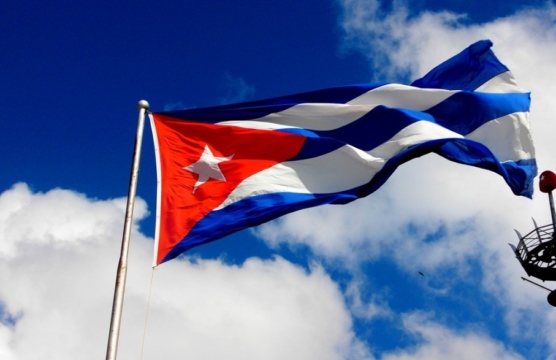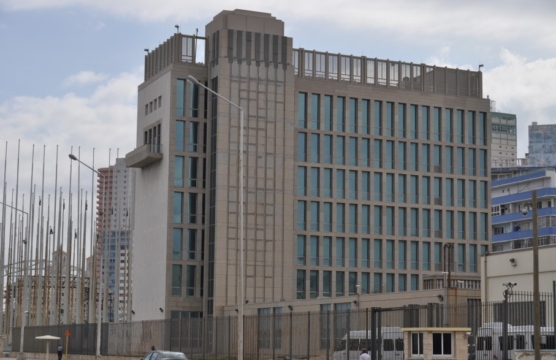Can Spain Solve the Cuba Problem?
By all accounts, Spain wants to bring change to the European Union’s Cuba policy. In so doing, it is tackling a foreign policy challenge that often sheds more heat than light.
The dramatic resumption of U.S.-Cuban relations has focused attention on the economic and political outlook of the Caribbean island. Although the long- standing U.S. embargo of Cuba remains in effect and can be lifted only by Congress, restrictions on U.S. companies doing business in Cuba are clearly easing. The political backlash in the United States has been notably muted; Cuba is less and less of an issue, even among Cuban Americans. The question, however, is whether, even after the rapprochement with Washington, Cuba is prepared to open up its economy and politics.
Feinberg offers a scrupulously researched and judicious analysis of the economic changes that have unfolded since 2008, when Raúl Castro replaced his brother Fidel as president and initiated a reform process. Feinberg rightly touts Cuba’s expanding private sector, the growth of the middle class, and the country’s increased openness to foreign investment, but he also notes the persistent obstacles to sustainable growth in Cuba—among them the behind-the-scenes struggles between hard-liners and moderate reformers. Feinberg is clear-eyed but, in the end, fairly optimistic about Cuba’s prospects. He believes a “sunny soft landing” scenario will probably prevail, and his illuminating profiles of a dozen Cuban millennials provide some grounds for hope. But the slow pace of change so far is not a heartening sign.
By all accounts, Spain wants to bring change to the European Union’s Cuba policy. In so doing, it is tackling a foreign policy challenge that often sheds more heat than light.
Will sticking points derail the thaw between Washington and Havana?
Cuba and the US still have a long way to go as they continue to build their relationship.
 Alexander Schimmeck / Flickr / (CC BY-NC-ND 2.0)
Alexander Schimmeck / Flickr / (CC BY-NC-ND 2.0)

